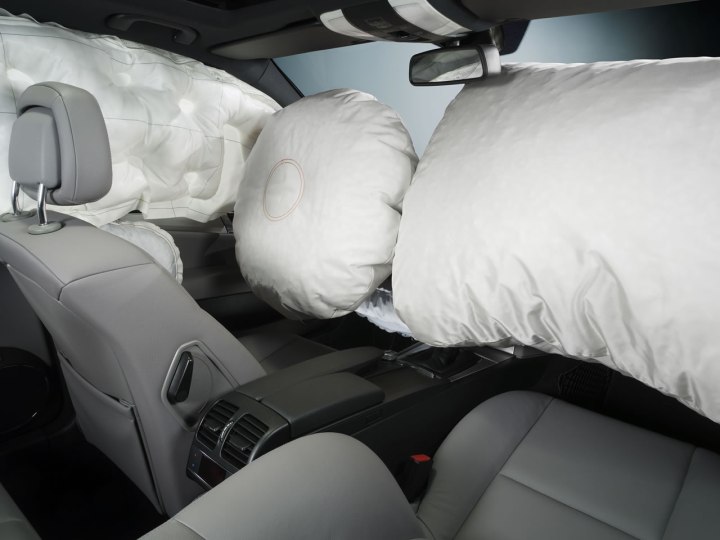
The Japanese company’s reputation was ruined in a scandal involving an airbag design fault that caused it to explode with too much force. As many as 14 deaths have been linked to Takata-made airbags, with hundreds more injured.
Chinese-owned, Michigan-based Key Safety Systems has agreed to spend about $1.6 billion on acquiring the surviving parts of Takata’s business, which involves the production of other auto-related safety components such as seat belts.
At the start of this year, the Tokyo-based company paid a $25 million fine in the U.S., as well as $125 million to those injured by the airbags, and $850 million to automakers that used them. However, the likes of Toyota and Honda said on Monday they were no longer certain of receiving further payments from the embattled company to cover recall costs, among other amounts owed.
Airbag safety
Following initial concerns raised by Honda as far back as 2004, Takata’s airbag-related woes intensified dramatically four years ago when several other Japanese vehicle manufacturers recalled more than three million cars to deal with the fault. Since then, more than 100 million airbags inside vehicles made by a total of 19 automakers have been recalled globally.
In the U.S. alone, more than 40 million vehicles built over many years are subject to recall, though as of May 26 less than 40 percent had had their airbags repaired. The National Highway Traffic Safety Administration (NHTSA) has described the saga as “the largest and most complex safety recall in U.S. history.”
The airbag fault was linked to the ammonium nitrate explosive propellant in the inflators, which, it was discovered, can degrade over time. This meant that in some cases, when the airbag inflated, the propellant burned too quickly, causing it to explode with too much force. In such cases, metal shards burst through the airbag and into the vehicle interior, resulting in injury to the occupants or even death.
One such case involved 26-year-old Jewel Brangman, who was killed by a faulty Takata airbag in an accident in Los Angeles in 2014, while another incident, this time in Louisiana in 2015, saw Kylan Langlinais fatally wounded by flying airbag parts after it deployed when her car hit a utility pole.
Admission
Takata initially insisted its airbags were safe, but in 2015 it finally admitted that there was a serious issue with the design. Multiple automakers have launched lawsuits against the company, while many of those linked to victims have also taken Takata to court.
Commenting on Sunday’s news, Takata CEO Shigehisa Takada said that Key Safety Systems “is the ideal sponsor as we address the costs related to airbag inflator recalls, and an optimal partner to the company’s customers, suppliers, and employees.”
Jason Luo, president and CEO of Key Safety Systems, said, “Although Takata has been impacted by the global airbag recall, the underlying strength of its skilled employee base, geographic reach, and exceptional steering wheels, seat belts, and other safety products have not diminished.”
Takata started life in 1933, initially making parts for parachutes before expanding to seat belt production in the 1950s. Over time it became one of the world’s leading suppliers of airbags and seat belts, and could name just about every global automaker as a customer. But the last few years have seen its reputation ravaged, with this weekend’s news unlikely to surprise many in the industry.
If you have still not checked to see if your vehicle is affected by the recall, you can find out more by visiting the NHTSA’s website.


